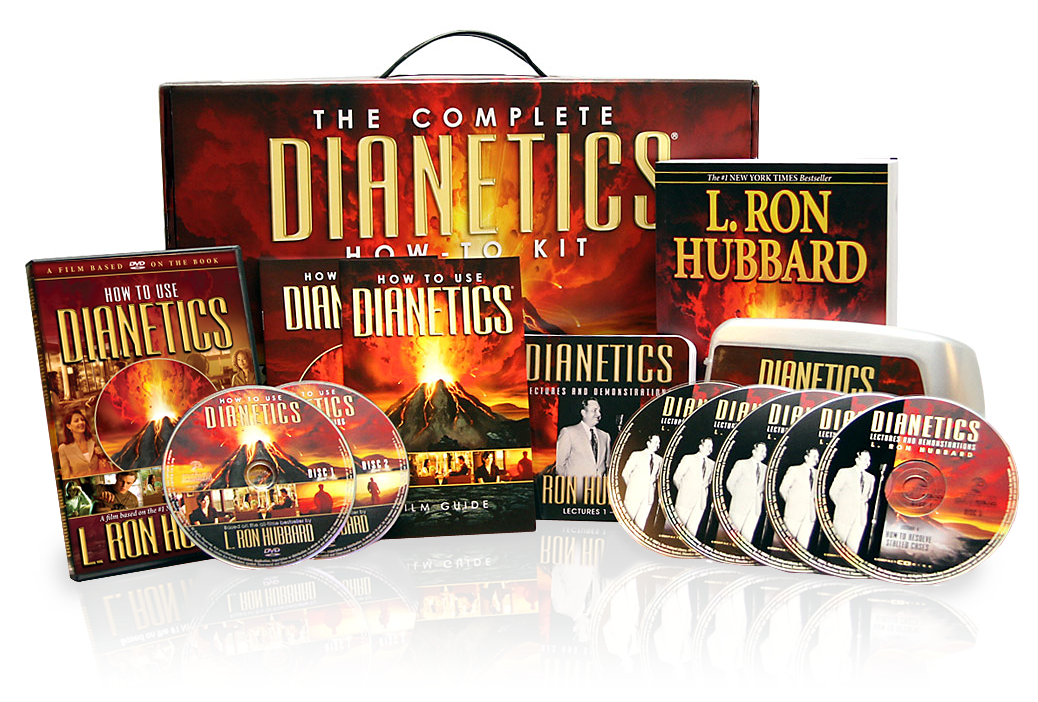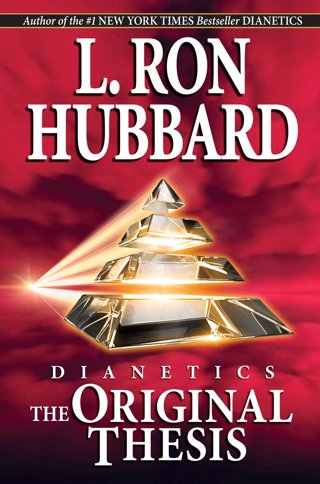Not known Incorrect Statements About Dianetics
Not known Incorrect Statements About Dianetics
Blog Article
The Definitive Guide to Dianetics
Table of ContentsDianetics Fundamentals ExplainedThe Best Strategy To Use For DianeticsThe Ultimate Guide To DianeticsSome Known Details About Dianetics
I couldn't ever not want to get anything that comes to mind for you- if it was otherwise, I would not be sitting right here with you, doing this. I not only might never ever have an issue, or otherwise wish to listen to something that comes to mind for you, but I'm totally anxious to recognize every concept, every idea, every image or sensation that arises or materializes for you- don't ever believe or else, and if for some reason you do, please simply allow me know! Often, you might have an idea, and picture, idea or incident appear that does not appear to address the question, or associate with it, but nevertheless, always do inform me about it, and as we continue, the importance will certainly emerge for you.This is integral in the basis of processing, and the subject of this conversation: the standard roles of the counselor and the customer: The fundamental duty of the therapist is, as opposed to "typical training", not to control, which indicates to implement and/or prevent, however to rather work from the basis of EMPOWERING THE CLIENT.

Examine This Report about Dianetics
John Mcmasters shared this fundamental fact incredibly well in among his talks on Power handling, in which he explains how he was asked what this "unique knack" was that he had for offering such fantastic sessions; he had to consider that for a moment, and found that it was what he wasn't doing, along with what he was doing: he wasn't reviewing, evaluating, computer, or actually, generating any type of ideas, not to mention spoken expressions, after offering the command and while awaiting the computer to complete their answer to their contentment; he was, merely and only, being existing with the PC, and totally interested.
The duty of the therapist, showed; that was his "unique knack". I have had my own experience which educated me this well, very early on in the learn the facts here now video game. news In 1982, having recently completed my training and internship on New Age Dianetics, I was running this on a PC, and there was a point in the session where (being a bit damp behind the ears not yet having numerous hours under my belt as a specialist auditor) the PC appeared to be "taking too lengthy" to share anything verbally after I provided him a command.
This trick ended up being the most useful contribution that John ever before made to the topic of treatment or bookkeeping (Dianetics). In my humble viewpoint, it is the best contribution that any individual has actually ever before made to these subjectsthe application is totally non-judgemental, non-evaluative, and lacking any type of pointer, recommendations or opinion.no preconditioned agenda for people, or 'levels' that they have to do
In Idenics, the only source of information about a client is the specific client. In Scientology we prided ourselves on not examining for individuals. All that actually indicated was that the auditor did not VERBALLY evaluate for the Computer in session. The registrars and ethics policemans examined for the computer.
The Dianetics Diaries

Anybody who had ever seen John audit might not aid however discover an unique top quality in his auditing."The client's basic function is to be there with the purpose of relocating the direction of their spiritual objectives, and to freely and totally share and experience whatever materializes for them in addressing the concerns and carrying out the directions in the handling.
This is something to procedure as site web required. Likewise, individuals regularly have prior experience and/or indoctrination in auditing/processing which, in some ways, and to some levels, in fact misdirects them right into perspectives, ideas and actions patterns that prevent the full awareness of these duties, and so they will certainly often tend to hinder the expressing of what comes to mind, as in the examples provided over - Dianetics. * The initial, and perhaps leading instances of mis-indoctrination bring about less than completely smooth and reliable sessions, can be found in certain facets of the training regimens, or "TR's":"TR's" are often an individual's very first, or at least early, experience in Scientology, and while I will take place to clarify what I see as the defects in concept and method, nevertheless, tend to be significantly healing, done as they are given (Hubbard insists that "TR's are not processing, they are training", yet factually, they are both processing AND training)
There is no "flunking", and no denial of the reality of this being handling. The focus, as it needs to be, is on experiencing the other person's existence.
About Dianetics

Report this page